Disaster Management In India, Coping With Nature's Calamities.
Jan 27, 2019 • 14 views
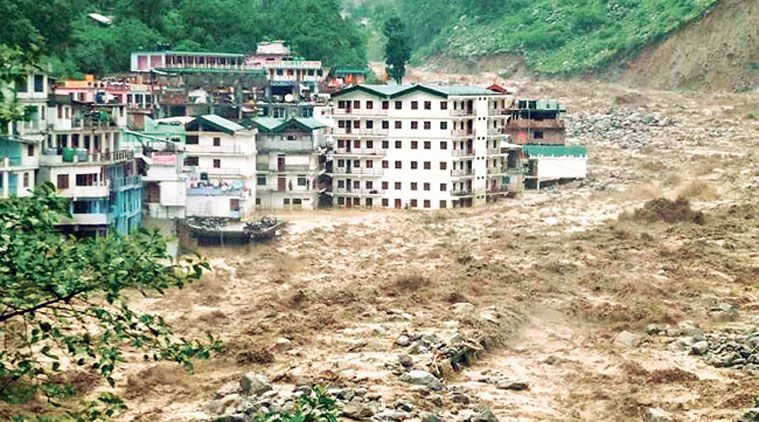
Disaster is a very common phenomenon for humanity. Human beings have experienced disasters in different forms since time immemorial. The latest World Disaster Report suggests that disasters have increased both in frequency and intensity.
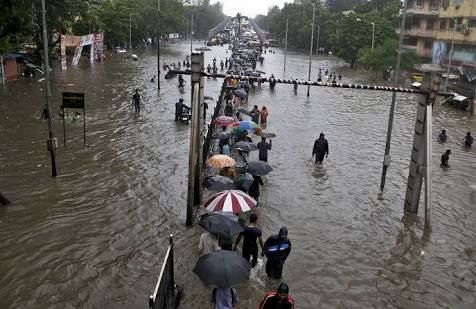
Of all the disasters,floods are the most common, followed by windstorms, droughts and earthquakes. However, drought is the deadliest. Of all the continents,Asia has the highest number of death toll from disasters.
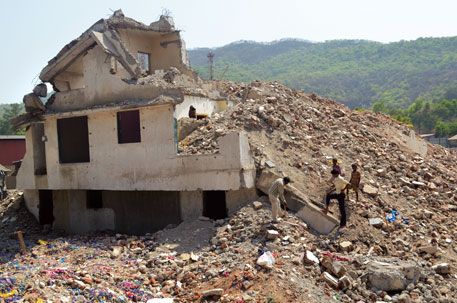
India,due to its geographical location and geological formation,is highly prone to disasters. Its long coastline,snow-clad peaks and high mountain ranges and the perennial rivers in the north,combine to add to this problem. India,which has to only 2% of the total geographical area,has to support 18% of the total population of the world exerting tremendous pressure on the natural resources which directly or indirectly leads to the occurrence of disasters.
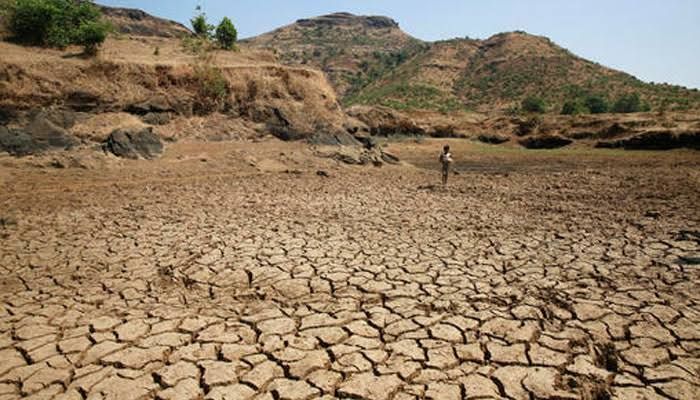
The direct and indirect impacts of disasters, either natural or industrial, are always damage, destruction and death. The psychological traumas caused by the disasters are sometimes so severe that they span the whole life of the victim.
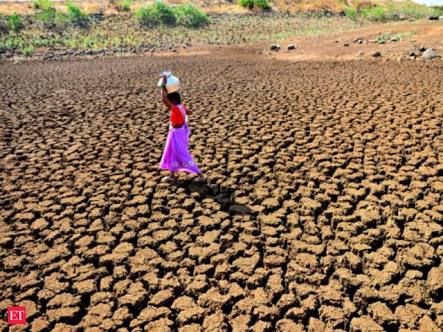
In some natural disasters like cyclones, tsunami and earthquakes,it is the building structure which becomes the cause of destruction and death. The lack of a master plan and the inferior quality of materials used for construction also aggravate the casualties arising out of disasters. Therefore, both private and public buildings should be constructed according to the guidelines prescribed by law. Above all, good quality materials should be used for construction.
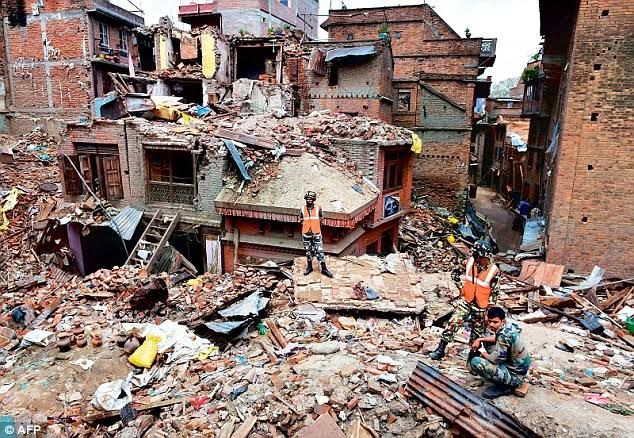
In the case of disaster management, the state governments play a major role while the central government only plays a facilitating role. At the state level , there is a State Level Disaster Management Committee ; At the national level, there is a Crisis Management Committee. The central government, with proper coordination with various ministries, provides necessary support to the states.
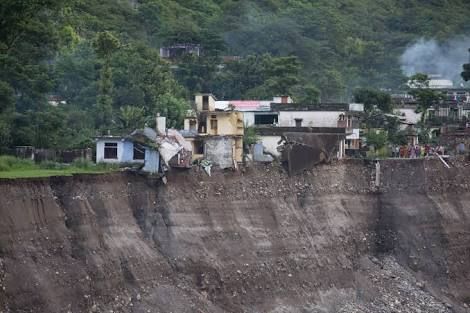
Disaster management has assumed greater importance in recent times. The whole purpose of disaster management is not to prevent these natural or man-made disasters. We may not be able to avert many of these disasters, but we can definitely mitigate their impact.
